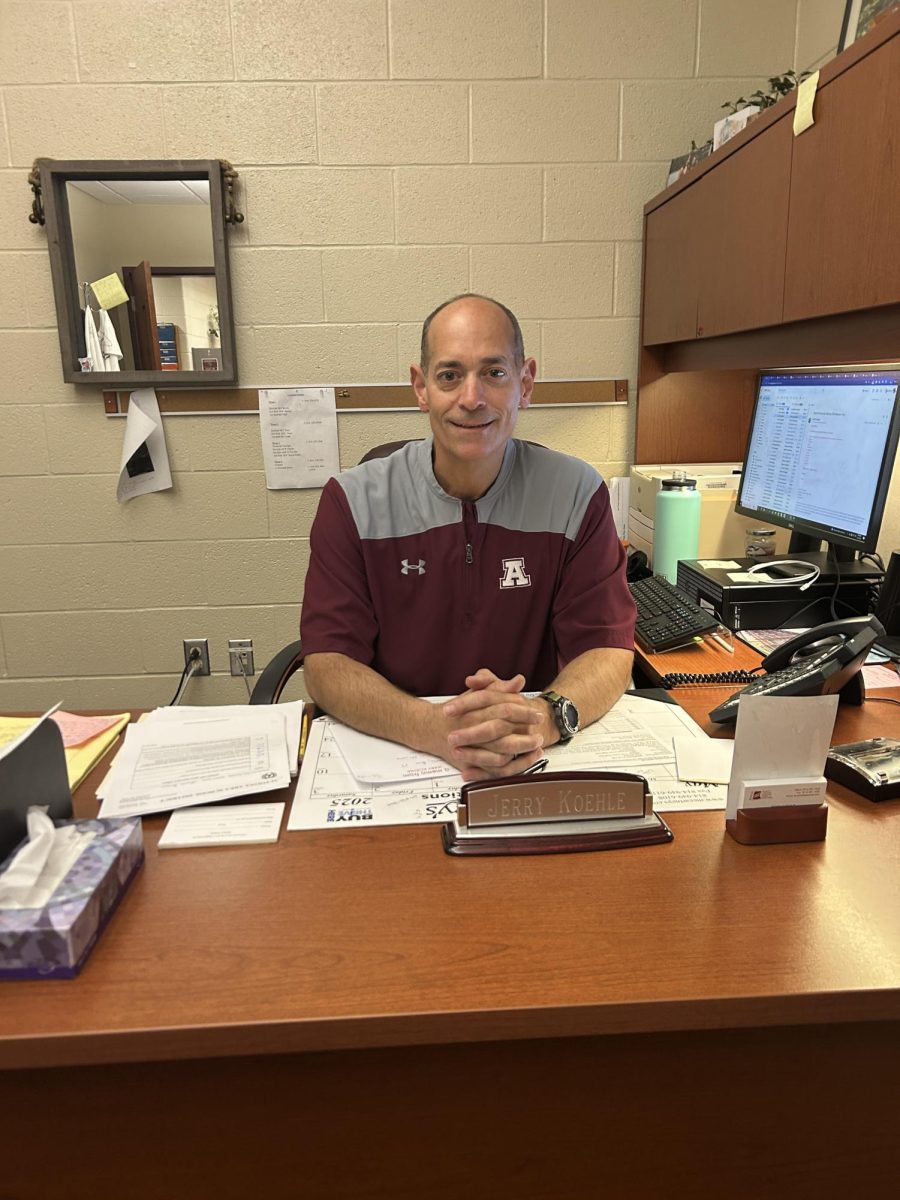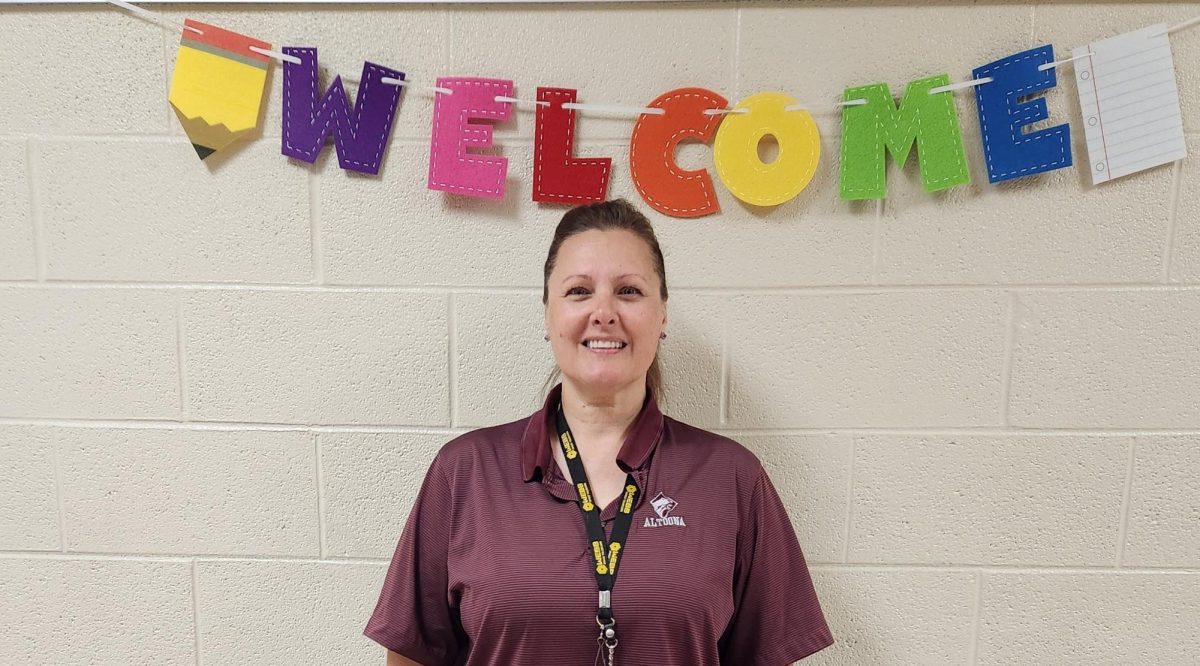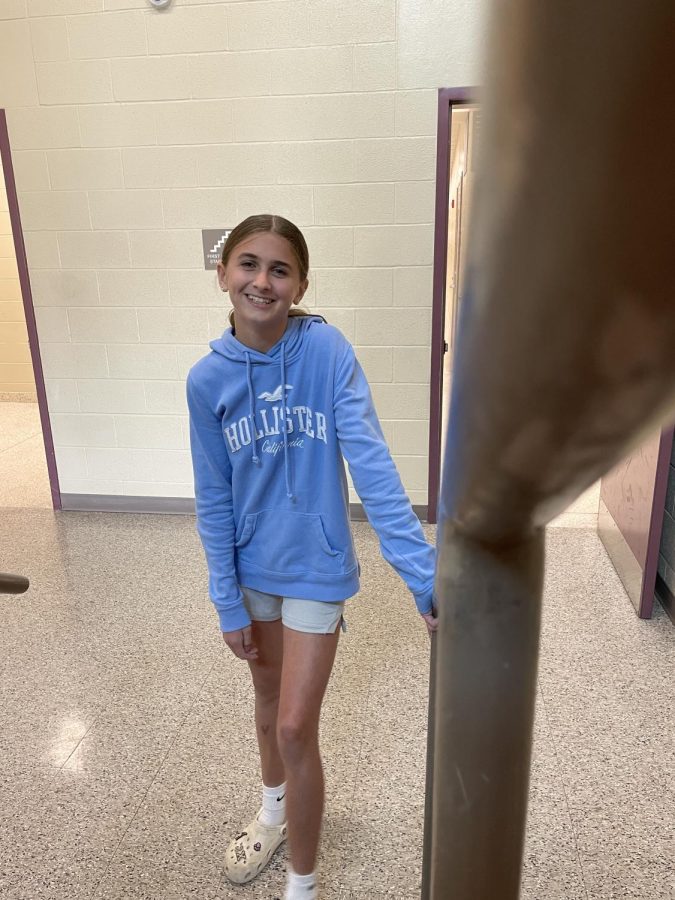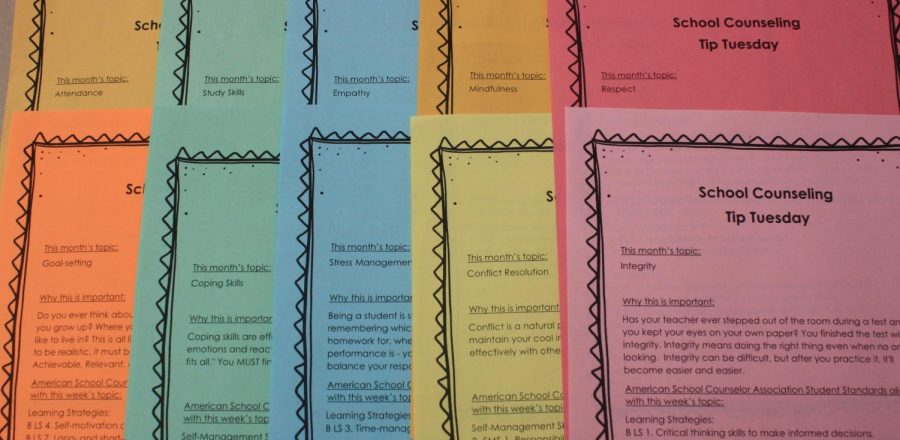Success is right around the corner
Teenagers are always asked the same question, “What do you want to do when you’re older?” but they rarely take that question seriously. One day, you’re scared about going to your first day of junior high, the next you’re receiving emails from colleges asking you to attend their school.
Studies show 21 million students attend American colleges each year. (National Center for Education Statistics) In order to attend college, you have to have so many credits throughout high school, maintain a passing grade point average (GPA), have good attendance and multiple other things.
In order to get accepted into to college you first have to survive high school. You can take this multiple different ways. You could be thinking about the piles of homework you will receive throughout the four years of high school. Which for the record, all counts towards your GPA. You will want to maintain a decent GPA if you plan on attending college.Obviously, the higher the GPA the more likely you’ll be accepted. Do the homework! It makes a drastic change on your grade if you don’t.
To survive high school you might think you need to have the name brand clothes and have a ton of friends, when in reality none of that matters. What matters is passing and getting a career. In 10 years you won’t be concerned about what you wore, what matters is what you learned and how you executed it. Stay out of the drama of teenagers and focus on what really matters.
“The main thing I would say is to stay clear of drama and do your homework because then you can have fun and be a high schooler. Don’t be afraid of the high school it’s more fun than I ever thought. You have more freedom and meet so many new people. Just enjoy your time there,” Aleyah Arthur, a sophomore at AAHS said
Being a student in Pennsylvania, you have to take multiple standardized tests throughout your years of school. From third to eighth grade you take a variety of PSSA tests, math, reading, science and writing. Then, in ninth grade you take a biology and Algebra keystone. If you don’t pass these keystones you can’t graduate.
You might feel like you’re always stressed about how much work you need to do to pass your least favorite class. I promise it will be worth it in the years to come when you get accepted into the college you always dreamed of going to.
“The feeling I had when I got accepted into college is unexplainable. It was a huge relief and a big accomplishment. I think maintaining good grades and a good GPA was a big reason I got accepted into college. It took a lot of work to maintain a 4.0 GPA. I spent a lot of late nights studying.I think if you work hard and have a goal in mind you can accomplish anything,” Amanda Menegay a senior at Altoona Area High School said.
You need to have certain grades and 24 high school credits to graduate. Colleges don’t always just look at your grades though, they also look for well rounded people.
“Colleges are looking for well-rounded people, it’s not just grades, it’s not just testing scores. They’re looking for students who participate in music and sports. Well-rounded people have a better opportunity on being accepted,” Damon Luciano a ninth grade counselor said.
College is a huge step in life and even bigger accomplishment. There are multiple steps to get into the “college life.” Colleges look at multiple different aspects of your life, not just grades.
They look at how well you work with others, your communication skills, if you have time-management and how active you were during high school. A word of advice, if you’re asked to do an interview to get accepted to college, studies show they look for specific words in your vocabulary. They are: grit, polish, teamwork, impact, curiosity, ownership and analytical.
“For Summer and Fall 2015 admission Penn State received approximately 65,000 applications to the University’s twenty undergraduate campuses. Considering the volume of applications received annually, the admission review is based on several objective factors.
The first step involves evaluating the strength of an applicant’s academic profile. The evaluation considers high school grades in ninth, tenth and eleventh grade carrying about 2/3 the weight. SAT or ACT scores (treated equally) including the writing sample carry about 1/3 the weight in the evaluation.
After determining the strength of an applicant’s academic profile, additional factors determine whether an applicant’s profile is strong enough to offer admission to Penn State. The additional factors include: when a complete application is submitted (some majors have a November 30 deadline to submit a complete application)
the major requested (some majors, like architecture or nursing, have a limited number of freshman spaces) the campus selected for admission the number of freshman spaces available at the selected campus the number of applications submitted for the selected campus
For example, for Summer/Fall 2015 almost 53,000 applications were submitted for University Park campus admission. University Park has 7700 freshman spaces for Summer/Fall 2015 admission. Based on these numbers University Park admission is very competitive, requiring the strongest academic profiles for admission,” Richard Shaffer, director of admissions at Pennsylvania State University said.
Go for your dreams and don’t let anyone stop you. You may have a plan for you future, and sometimes things pop up and change that plan, don’t let that stop you from accomplishing your dreams.
“My first suggestion is to use the resources provided through a student’s guidance office beginning in 9th grade. The information/assistance doesn’t need to go into great detail in 9th grade. However, the student will want to be sure he/she is starting to schedule the sequence of courses that most colleges require in an applicant’s four years of high school,” Shaffer said.
Each college has different procedures in accepting students into their school.
“Every college or university has its own admissions policies and procedures. Every campus is different as well. When possible, I suggest that a student and his/her parents visit the colleges or universities he/she may want to consider attending. If the potential major is nuclear engineering, there’s a limited number of universities offering this major. If the potential major is English or biology almost every college or university offers these majors so there are lots of colleges or universities to consider. Do the colleges or universities you’re considering offer “undecided” admission, so you can work with academic advisors and career counselors to explore options before selecting a major,” Shaffer said.
There is multiple things you can do to prepare for college life. Explore your options as much as you can
“I suggest that the family tries to visit colleges/universities between the summer of the student’s junior year through the summer prior to the senior year. Not only can you learn about the admission application process, you gain a sense of whether visited colleges/universities will be a “good fit” for you. Are you comfortable on a campus with 47,000 undergraduate students and the wide range of academic resources that a university offers? Or, do you prefer a smaller college campus that provides a more personal learning environment?” Shaffer said.
Get involved in high school, do the sports, art clubs, reading clubs, anything that interests you.
“In addition to academics (majors available, research opportunities, etc), consider the range of out-of-classroom experiences that are available. Do you have an interest in sports, performing arts, etc. that you’d like to continue pursuing at the college level? Do you prefer a college or university located in an urban setting, or prefer a campus in a rural setting that provides easy access to outdoor-oriented sports and activities?” Shaffer said.
Your future is on you, no one will be making decisions for you. Where you go after high school will determine what you want to do for the rest of your life.
“Whatever decision a high school student makes, understand that college enrollment places the decision-making on you. Just as the high school guidance office provides assistance before your decision, the college or university has advisors to support academic and extracurricular decisions to help you earn a college degree. Make the decision to use those resources to your best interests,” Shaffer said.











